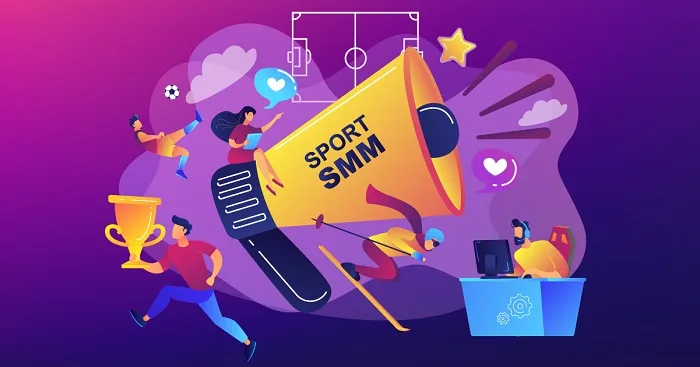
Effective Social Media Marketing Strategies in Sport
Social media marketing in sport has become a crucial tool for engaging fans, promoting events, and building the brand of sports organizations. This article explores what social media marketing in sport is, how it works, and why it is essential in today’s digital age. By understanding these elements, sports marketers can effectively leverage social media to achieve their marketing goals.
What is Social Media Marketing in Sport?
Social media marketing in sport refers to the use of social media platforms to promote sports teams, athletes, events, and related activities. It involves creating and sharing content on social media networks to achieve marketing and branding goals. This type of marketing leverages the interactive nature of social media to build relationships with fans, increase engagement, and drive traffic to official websites or ticket sales.
The history of social media marketing in sport can be traced back to the early 2000s when platforms like Facebook and Twitter started gaining popularity. Sports teams and athletes quickly realized the potential of these platforms to reach a global audience. By the mid-2010s, social media had become an integral part of sports marketing strategies, with teams employing dedicated social media managers and content creators.
How Does Social Media Marketing in Sport Work?
Social media marketing in sport works by creating engaging content that resonates with fans and encourages interaction. This can include behind-the-scenes footage, live updates, player interviews, and interactive polls. The goal is to create a sense of community and foster loyalty among fans. By regularly posting content and interacting with followers, sports organizations can maintain a strong online presence and keep fans engaged.
In addition to content creation, social media marketing in sport also involves analytics and monitoring. Marketers use various tools to track engagement metrics, such as likes, shares, comments, and views. This data helps them understand what types of content resonate most with their audience and adjust their strategies accordingly. Paid advertising on social media platforms is another crucial aspect, allowing sports organizations to target specific demographics and promote their content more effectively.
What Advice Can Be Given for Effective Social Media Marketing in Sport?
To excel in social media marketing in sport, sports organizations should focus on authenticity and engagement. Authentic content that showcases the genuine emotions and experiences of athletes and fans tends to perform well. It is also essential to maintain a consistent posting schedule to keep the audience engaged.
Leveraging influencers and collaborations can amplify the reach of social media campaigns. Partnering with well-known athletes, sports personalities, or even popular social media influencers can help attract a broader audience. These collaborations should feel natural and align with the brand values of the sports organization.
Another critical piece of advice is to utilize data analytics to inform social media strategies. By closely monitoring engagement metrics and audience feedback, sports marketers can refine their content and improve their campaigns’ effectiveness. This data-driven approach ensures that marketing efforts are targeted and efficient.

How Promising is Social Media Marketing in Sport Today?
Social media marketing in sport holds significant promise in today’s digital landscape. With the continuous growth of social media users globally, sports organizations have a vast and ever-expanding audience at their fingertips. The ability to engage directly with fans in real-time offers unparalleled opportunities for building loyalty and driving brand value.
The rise of new social media platforms and features, such as live streaming and short-form videos, provides innovative ways to connect with audiences. These features allow sports organizations to offer unique content experiences, from live match commentary to exclusive behind-the-scenes access.
Additionally, the integration of e-commerce features on social media platforms enables sports organizations to monetize their social media presence more effectively. Selling merchandise, tickets, and other products directly through social media channels streamlines the purchasing process for fans and boosts revenue.
Conclusion
In conclusion, social media marketing in sport is a dynamic and essential aspect of modern sports marketing. By understanding its principles, leveraging data analytics, and focusing on authentic engagement, sports organizations can build strong relationships with their fans and achieve their marketing goals. The ever-evolving nature of social media ensures that there will always be new opportunities for innovation and growth in this exciting field.
Last posts
-
 Dynamic ticket pricing without losing fan ...
Dynamic ticket pricing without losing fan ...
Dynamic pricing is now common across sport and …
-
 Creator Partnership Economics in Sport: Ho...
Creator Partnership Economics in Sport: Ho...
Creator partnerships have become a core line item …
-
 How Sports Clubs Use First-Party and Zero-...
How Sports Clubs Use First-Party and Zero-...
The gradual removal of third-party cookies has forced …
